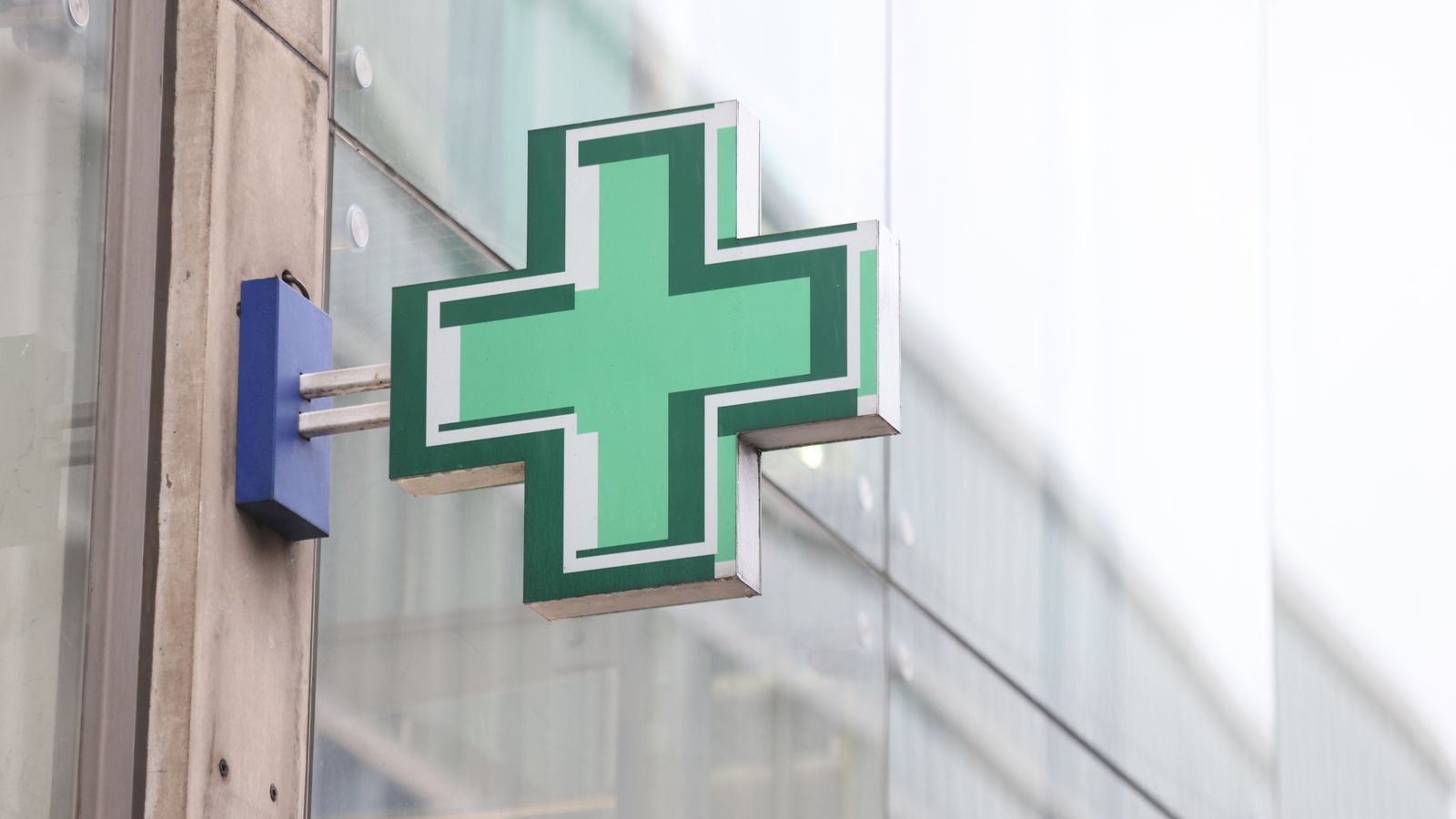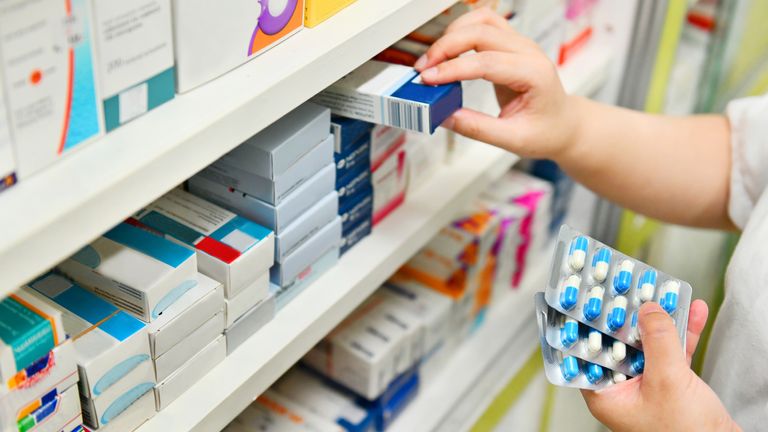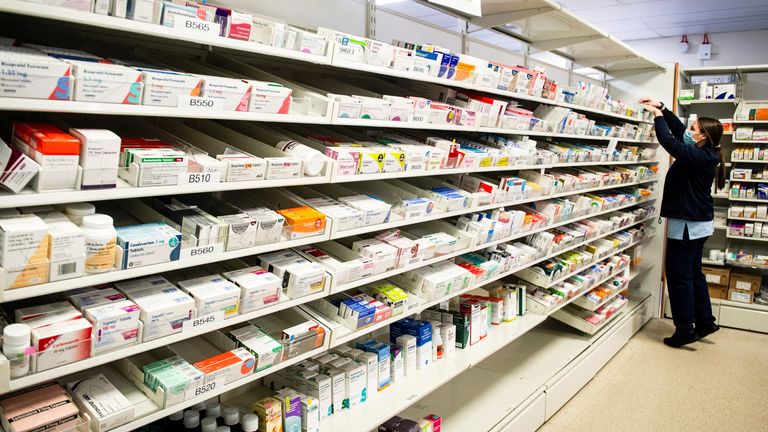Pharmacies will now be able to treat seven common conditions without patients needing to see a doctor.
From today, thousands of pharmacists across England will be able to assess and treat patients without the need for a GP appointment or prescription for:
• Sinusitis
• Sore throat
• Earache
• Infected insect bites
• Impetigo
• Shingles
• Uncomplicated urinary tract infections in women under 65
NHS England said more than nine in 10 community pharmacies in England – 10,265 in total – will be offering the checks under the Pharmacy First scheme.
The move is intended to give people more places to get the care they need and to free up 10 million GP appointments a year.
Amanda Pritchard, NHS chief executive, said: “GPs are already treating millions more people every month than before the pandemic, but with an ageing population and growing demand, we know the NHS needs to give people more choice and make accessing care as easy as possible.
“People across England rightly value the support they receive from their high street pharmacist, and with eight in 10 living within a 20-minute walk of a pharmacy and twice as many pharmacies in areas of deprivation, they are the perfect spot to offer people convenient care for common conditions.”
Read more:
Community pharmacies closing at a rapid rate
Millions of women will be able to get the pill for free from chemists under new NHS plans
Prime Minister Rishi Sunak said: “Community pharmacies already do a tremendous job at treating minor conditions and with the Pharmacy First service – backed by £645m – we’re determined to go further and unlock their full potential to deliver routine care.
“Patients who need treatment or prescription medication for common conditions like an earache will now be able to get it directly from a pharmacy, without a GP appointment.
“This is about ensuring people get the treatment they need closer to home, while crucially helping deliver on our plan to cut waiting lists, by freeing up 10 million GP appointments a year, so people get the care they need more quickly.”
Pharmacies ‘severely underfunded’
Dr Leyla Hannbeck, chief executive of the Association of Independent Multiple Pharmacies, welcomed the move but warned pharmacies are “severely underfunded to the tune of £1.2bn now and as a direct result of that are reducing opening hours and even closing completely”.
She added: “This nonsense cannot go on and this stranglehold of chronic underfunding must be relieved now to ensure our community pharmacies continue to exist and can deliver to the potential the government is expecting.”
Paul Rees, chief executive of the National Pharmacy Association, said the scheme would “play to the strengths of pharmacists as medicines experts” and free up GPs for other work.
“Patients will get convenient clinical advice, close to where they live, work and shop,” he added.
“The pharmacy sector is under great pressure but, despite this, pharmacy teams will step up and successfully deliver this highly beneficial service.
“This could be a stepping stone to the development of other NHS clinical services in the future, as patients become familiar with going to their local pharmacy for primary care.”


